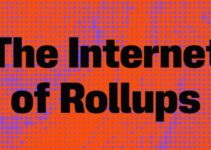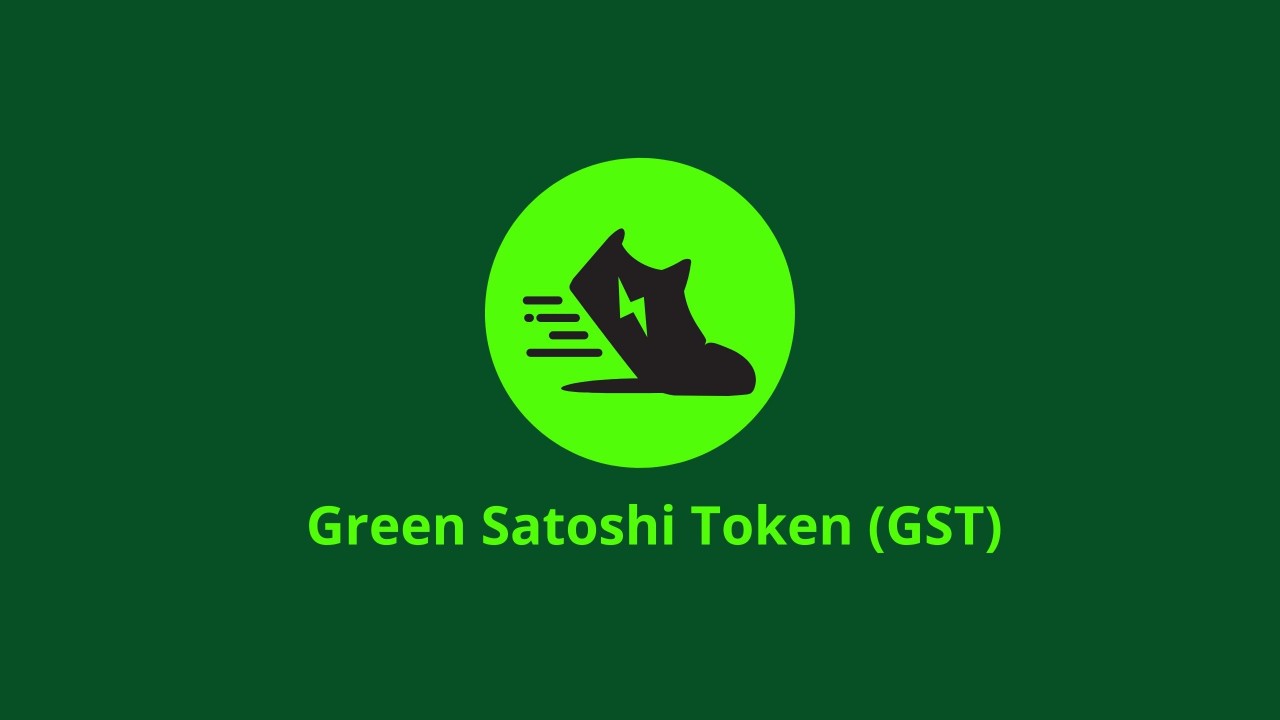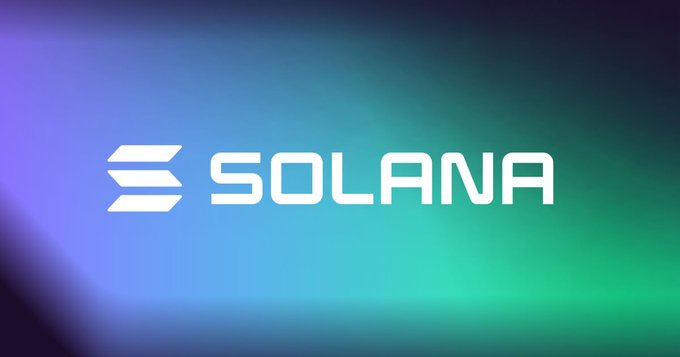Cardano or ADA (ADA/USDT – Trade it here) is a decentralized third-generation proof-of-stake(PoS) blockchain platform and home to the ADA cryptocurrency. It evolves out of a scientific philosophy and a research-first-driven approach. Basic information for their token is available on the MEXC Digital asset introduction page.

Cardano Core Features
Cardano aims to provide a more balanced and sustainable ecosystem that better accounts for the needs of its users as well as other systems seeking integration. To approach the goal, ADA has core features as follows:
Academic research
Formal methods, such as mathematical specifications, property-based tests, and proofs, are the best way to deliver high-assurance software systems and give confidence to users in the management of digital funds. Cardano has been built using formal methods to achieve strong guarantees on the functional correctness of core components of the system. Meanwhile, all of the research and technical specifications that underpin Cardano are publicly available, and all Cardano development activity is available online.
System design
Cardano’s programming language is Haskell, a secure functional programming language that encourages building a system using pure functions, which leads to a design where components are conveniently testable in isolation. Furthermore, the advanced features of Haskell enable us to employ a whole range of powerful methods for ensuring the correctness of the code, such as basing the implementation on formal and executable specifications, extensive property-based testing, and running tests in simulation.
Security
Ouroboros (the Cardano proof-of-stake protocol) establishes rigorous security guarantees. It has several peer-reviewed papers presented at top-tier conferences and publications in the area of cybersecurity and cryptography.
Power consumption
Cardano is a proof-of-stake blockchain. In contrast to proof-of-work blockchains, Cardano requires much less energy and computational power. Furthermore, the Bitcoin network grows through computers doing ever-more-energy-intensive computations – proof of work – which is unsustainable in the long term. Cambridge University has an online tool that shows the computers powering Bitcoin already consume twice as much energy as Switzerland every year.
Seamless upgrades
Traditionally, blockchains upgrade using hard forks. When conducting a hard fork, the current protocol would stop operating, implement new rules, and the chain would restart – with its previous history being erased. Cardano handles hard forks differently. Instead of implementing radical changes, the Cardano hard-fork combinator technology ensures a smooth transition to a new protocol while saving the history of the previous blocks and not causing any disruptions for end users.
Decentralization
Cardano is maintained by almost 3,000 distributed stake pools that are operated by the community. Furthermore, all blocks and transactions are validated by network participants without any reliance on a centralized authority.
Functional environment for business use cases
Cardano is establishing a foundation for global, decentralized finance to develop a range of DApps that can run using functional and domain-specific smart contracts, providing multi-asset tokens for any needs.
ADA Ecosystem
Cardano’s development has five main themes focusing on such core functionalities as:
| Byron | Foundation Establishment |
| Shelley | Decentralization |
| Goguen | Smart Contracts |
| Basho | Scalability |
| Voltaire | Governance |
Each theme is centered around a set of functionalities that are being delivered across multiple code releases. While these development streams are delivered sequentially, the work for each happens in parallel – with research, prototyping, and development often in progress all at once across the different stages. Let’s take a closer look at these development themes.
Byron
Byron set the foundation for Cardano development allowing users to buy and sell ADA on a proof-of-stake blockchain network. Initially, the Cardano ledger was established as a federated network, where block production and transaction validation were maintained by Input Output Global (the company that develops Cardano technology) and Emurgo (the company that drives Cardano commercial adoption) stake pools. Byron saw the delivery of Daedalus and Yoroi wallets, and also provided users with a Block Explorer ‒ a tool specifically designed for browsing the blockchain.
Shelley
The Shelley development theme introduced a decentralized ledger creating a completely new economic system, which drives the network’s growth and gradual optimization. Shelley evolved from Byron’s federated network maintenance, with more and more blocks being produced by the distributed stake pool operator community. Additionally, this theme focuses on a number of critical steps that ensure enhanced user experience in terms of stake pool operation, delegation preferences, and incentives. As a proof-of-stake network, Cardano Shelley introduced the Incentivized Testnet (ITN) which proved that the blockchain can be sustainable in the long term by relying exclusively on community-managed pools.
Goguen
Goguen development focuses on the establishment of a global, financial and multi-functional system for decentralized application (dApp) building, smart contract support, and custom token issuance. It is a key building block to establish a versatile platform to build solutions around such application domains as supply chain, track, and trace, finance, medical records, identity voting, property registration, P2P payments, and many others.
Basho
Basho will focus on Cardano’s optimization in terms of improving the scalability and interoperability of the network. Whereas other development stages focus on decentralization and new functionality, Basho is about improving the underlying performance of the Cardano network to better support growth and adoption for applications with high transaction volume.
Voltaire
Decentralized governance and decision-making lie at the heart of Voltaire granting the Cardano community the ability to vote on network development updates, technical improvements, and project funding. For the Cardano network to become truly decentralized, it requires not only the distributed infrastructure introduced during Shelley but also the capacity to be maintained and improved over time in a decentralized way.
ADA Tokenomics
ADA is the principal currency. Holders can use it as a fee payment and make deposits. It is also the only currency in which rewards are distributed. ADA is supported by the Cardano accounting ledger without the need for additional smart contracts.
That is to say, people use ADA tokens mainly to:
- pay transaction fees for platform usage.
- receive as a reward for staking and being a validator
- participate in votings
Overall it powers the entire Cardano ecosystem as introduced previously and may develop more future usages.
Recent Price & Performance of Cardano (ADA)
Currently, their market price is $0.2643 per unit. It has a market cap of $9,119,780,474 and a fully diluted market cap of $11,893,331,883. It also has a 24-hour trading volume of $138,064,768. You can check the live price of their token right here!
How to buy Cardano (ADA)
You can buy Cardano (ADA) on MEXC by following the steps:
- Log in to your MEXC account and click [Trade]. Click on [Spot].
- Search “ADA” using the search bar to see the available trading pairs. Take ADA/USDT as an example.
- Scroll down and go to the [Spot] box. Enter the amount of ADA you want to buy. You can choose from opening a Limit order, a Market order, or a Stop-limit order. Take Market order as an example. Click [Buy ADA] to confirm your order. You will find the purchased ADA in your Spot Wallet.
You can find a detailed guide on how to buy ADA token here.
Keep Yourself Updated With The Crypto Trend
Check out all of the listings in the Innovation and Assessment zones as well as the major tokens in the Main Zone – we have more amazing projects to come! What’s more, MEXC lists moonshots and offers access to trade major cryptocurrencies. Visit the Hot Projects section as well to uncover more featured popular tokens. Lastly, feel free to visit MEXC Academy to learn more about cryptocurrency!
Join MEXC and Get up to $10,000 Bonus!
Sign Up


